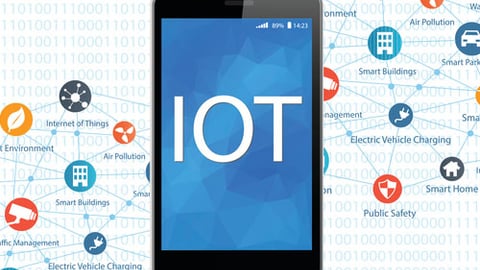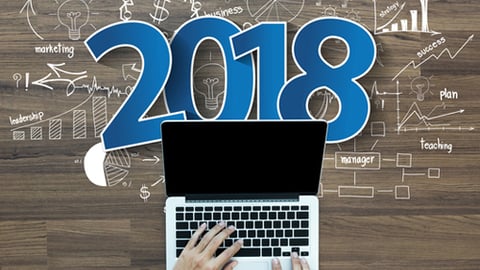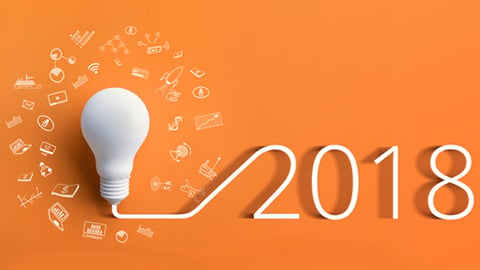Hospitality Banks on "Experience" to Motivate Guest Loyalty in 2018
In 2018 travelers will be offered more – from unique experiences to novel perks – in a new targeted way. New offerings for different lifestyles paired with technology that makes personalization across the customer journey easier will create increasingly customized trips. This article from Applied Predictive Technologies, predicts four key trends for the year ahead.
- Moving beyond just nights and flights to travel experiences
As consumers increasingly desire experiences, travel companies are expanding their traditional offerings, perhaps led by the launch of Airbnb Experiences. Turkish Airlines’ “Istanbul Bosphorus Experience” and Hyatt’s Tokyo excursions provide structured opportunities to explore new cities, while Marriott offers master surfing lessons and golf clinics with World Golf Hall of Famers. Marriott took this commitment a step further by investing in PlacePass to offer travelers more than 100,000 authentic local experiences in destinations worldwide. Some companies are hoping such experiences can appeal to travelers and locals alike; AccorHotels, for instance, is leveraging its new AccorLocal app to provide services like yoga classes and even laundry services.
While introducing experiences creates an entirely new revenue stream for travel companies, an even more important consideration is how these experiences will affect the core business and long-term customer loyalty. As such, it is important for hotels and airlines to measure the impact of these experiences on long-term customer behavior. For example, if a local uses a hotel’s laundry service, are they more likely to book with that hotel brand on their next vacation? Such insights can inform which experience investments are truly worthwhile, a critical capability given that these programs are expensive not only monetarily, but also in terms of organizational time and focus.
- Leveraging advanced technologies to enhance the customer experience
Traditionally, technology implementation, such as chatbots, has focused on simplifying the booking experience. The most recent technologies are now becoming a key component of the trip itself. For example, many hotels are introducing “smart” or “connected” rooms. Marriott’s rooms have smart mirrors, showers, and art frames, while Hilton guests can control room lighting, air conditioning, and entertainment through the mobile app. Delta is equipping flight attendants with software that shares customer information such as if a passenger’s previous flight was delayed or if a passenger just hit a loyalty milestone, to add a personal touch to their customer interactions. Additionally, Royal Caribbean is using facial recognition to streamline the boarding process.
Travel companies can leverage such technology to enhance the level of personalization across the traveler journey. However, organizations must strike the right balance between technology and true hospitality in the form of human interactions. At the end of the day, customers want a pleasant, seamless experience, and travel organizations should ensure that technology does not detract from that. As such, travel companies should measure the impact that technology investments have not only on revenue, but also on satisfaction and long-term customer loyalty.
- “Merchandising” the room and cabin
Taking targeted offerings a step further, travel companies are beginning to “merchandise” the room and cabin, providing greater choice within their product to appeal to different travelers’ lifestyles. Four Seasons has introduced wellness rooms for health-conscious guests, while Hilton’s Canopy brand launched pet-friendly options. In the skies, Qatar Airways unveiled new Qsuite business-class seats for couples traveling together, and several major American airlines have introduced Basic Economy options for cost-conscious travelers.
While retailers are no strangers to refining their merchandise assortments, this concept is newer territory for hotels and airlines. As these companies introduce more varied offerings, they must consider many elements:
- What amenities should such offerings include?
- How should inventory of these offerings vary across flights or properties, depending on where they work best?
- How do these new offerings affect long-term customer behavior?
- Do these new offerings cannibalize sales of existing offerings?
Business experimentation, or the process of testing different iterations of new room or cabin types in-market, can help travel companies confidently answer these questions to craft a broader rollout that will have a positive overall impact on the business.
- Chasing the high-value customer
This year, airlines and hotels continue to ask themselves how they can attract and retain high-value customers. Some are taking the approach of offering luxurious, one-of-a-kind experiences, such as Air Canada’s $300,000 ski package, while others are introducing premium services and elite loyalty tiers. Hyatt’s new loyalty program World of Hyatt, which specifically targets high-end travelers, launched this year, and Four Seasons introduced an invitation-only guest program. Additionally, Singapore Airlines recently unveiled new luxury suites that feature full beds.
The level of investment required to win over high-value customers makes it even more crucial to quantify the ROI of these programs to ensure that they lead to long-term customer loyalty. By analyzing past changes that compare the booking behavior of customers who experienced one of these programs to the purchases of similar customers that did not, travel organizations can gain precise insights on their performance and refine programs going forward.
As travel companies continue to innovate in 2018 and beyond, rigorously evaluating new ideas to truly understand which ones work and which ones don’t will be key to driving overall value. By putting the right analytical tools in place, travel companies can prioritize their investments and innovations to maximize revenue impact.





